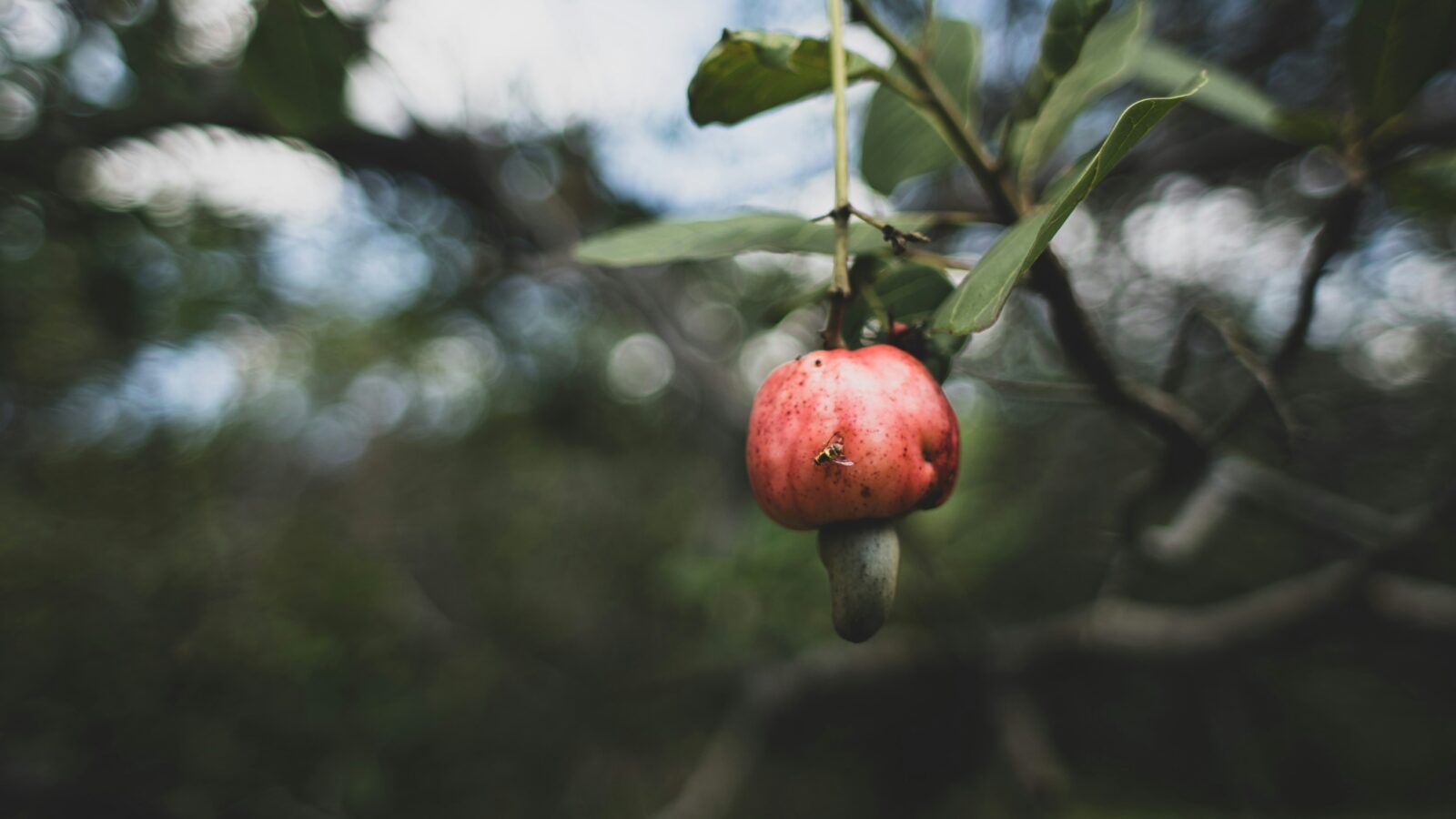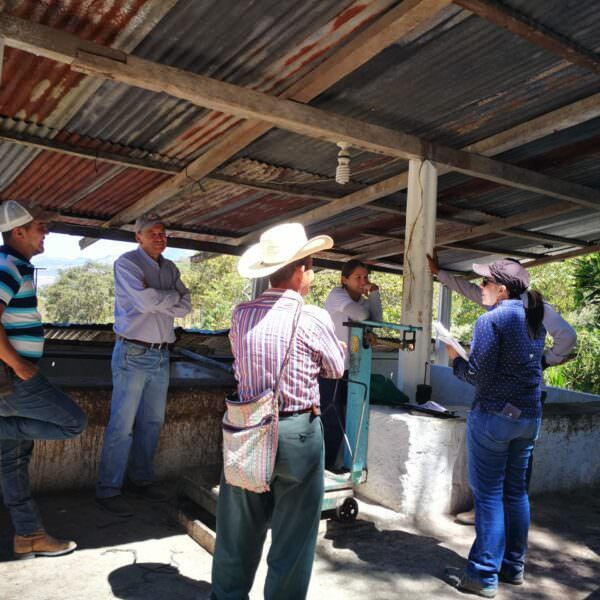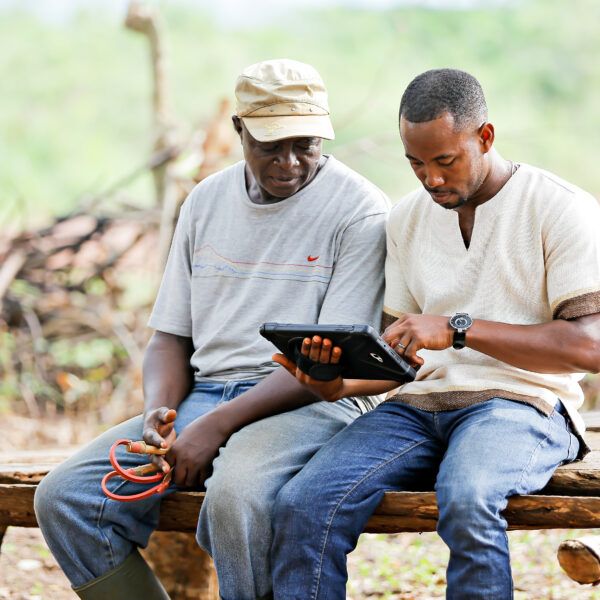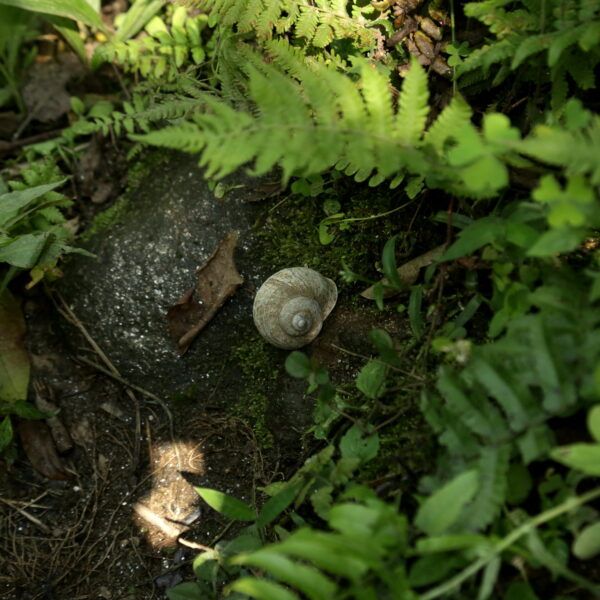These days, cashews are more popular than ever—and a rise in healthy lifestyles and vegan diets are largely to thank. Between 1980 and 2020, the estimated land used for growing cashews ballooned from 526,250 hectares to 7.1 million hectares, while production soared to more than five million tons in 2022.
Still, cashew consumption continues to grow in Europe and North America, where the rich and buttery nuts are eaten as a snack, used in desserts, and added to recipes, including as a dairy substitute. Originating from the tropical landscapes of South America, the cashew tree grows in warm climates around the world. The cashew nut—which is technically not a nut at all, but a seed—grows attached to the end of the waxy cashew apple.
Tackling sector challenges at the root
The biggest producers of cashews globally are Cote D’Ivoire, India, and Cambodia, which grow more than half of the world’s cashew nuts. While mechanization has led to some improvements in yield, efficiency and working conditions, cashew farmers and workers in these countries continue to face many struggles. Production quantity and quality is often impacted by intensified weather due to climate change. Cashew farmers struggle with poor working conditions and low incomes, and expanding cashew plantations threaten the biodiverse forests and landscapes around them. Plus, processing cashews is hard and sometimes dangerous work. During the roasting phase, the shells of cashews release a corrosive oil that can pose a risk to workers in processing plants who often remove the cashew nut by hand without proper protection.
Since 2022, the Rainforest Alliance has been working with producers in West Africa—particularly in Cote D’Ivoire and Benin—to improve cashew farming practices. Through certification, we are training farmers in sustainable farming practices, establishing traceability from farm to market, promoting forest conservation, and using our assess-and-address approach to tackle child labor, harassment, and discrimination.
Stopping deforestation in cashew-growing areas
In West Africa, cashew farming often takes place near precious natural forests, with reports of cashew plantations encroaching into protected areas and farmers using slash-and-burn techniques to clear land. To protect these critical landscapes, Rainforest Alliance certification sets strict standards for deforestation, refusing to certify any cashews grown on lands cleared after 2014.
To uphold this rule, the Rainforest Alliance collects and processes crucial geo-coordinates for certified farms and analyzes them using Geographic Information System (GIS) technology. The process maps out deforestation risks by integrating the Rainforest Alliance’s proprietary AI remote-sensing forest data with other publicly available and government data sources.
These risk maps can then be used to help farmers and traders check for deforestation, particularly in high-risk areas. As an additional layer of assurance, independent, third-party auditors use these maps to verify that no deforestation has occurred, as mandated by the Rainforest Alliance Sustainable Agriculture Standard. The combination of traceability, proprietary AI forest mapping, and auditing offers a unique solution to preventing deforestation throughout cashew growing communities. In addition to this risk assessment process, we are training farmers and communities to protect forests and to stop using slash-and-burn practices.
Boosting farmer livelihoods through better business practices
Some cashews are also grown near West Africa’s cocoa belt. In these areas where cashew and cocoa farming overlap, cashews offer an additional source of income for farmers, helping diversify and boost their incomes. Through certification, we support farmers to pursue this kind of income diversification, which is crucial for building a more resilient cashew sector.
Our program also aims to simplify the cashew supply chain to put more money into the hands of farmers. Navigating the supply chain from farm to market can be complex, with many middlemen reducing the farmers’ share of profits. The Rainforest Alliance’s traceability requirements are driving traders to establish transparency from farm to trade, and our Shared Responsibility approach requires business partners to support and reward farmers for certifying their crop.
Currently, much of African cashew processing is exported to Vietnam and India. While many of these processors are getting Rainforest Alliance Certified, we also support local cashew processing, which allows West African economies to retain more value from the cashew industry.
Coming together for better cashews
The Rainforest Alliance is committed to fostering a sustainable future for cashew farming that benefits the environment, supports farmers’ livelihoods, and meets the growing demand for responsibly produced cashews—but we can’t do it alone. It will take all key players working together.
Individuals also have an important role to play. Small, everyday choices, like purchasing certified products, build momentum for sustainable agriculture and a world where people and nature thrive together in harmony.




